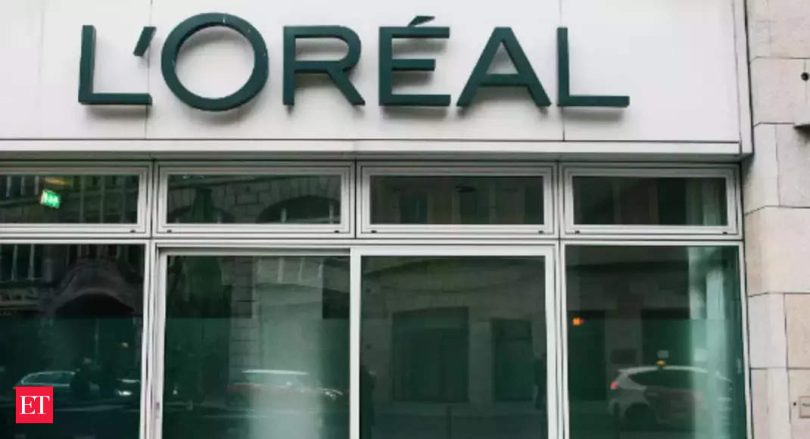[ad_1]
For a beauty and cosmetics company, how important are issues of climate change and sustainability important?
There is not one single company that can afford today to not rethink its business model. From an environmental, economic, and social perspective, the only possibility to continue doing good business is to do it in a sustainable way. And that means basically two things – we must preserve natural resources and we must build inclusive societies. And how is L’Oreal looking at achieving it? We have committed very early to a very comprehensive vision to be a sustainable company. There was a first generation of sustainability targets for 2020, which we reported on, and we achieved, and now we are on the generation 2030. By 2025, already all our sites are going to be carbon neutral, meaning just operating on renewable energy. By 2030, 100% of our plastic will be recyclable, we will reinvent new business models such as refill and recharge, because that allows us to go to a circular economy. We have a target of having 95% of our ingredients coming from biotech or natural resources.
We are living in an age when women are being encouraged to love themselves and how they look. Do beauty companies acknowledge this trend?
I think that is our reason to be. Beauty can have very different definitions – what is beautiful to one person, or one culture is not discipline for another, but the quest for beauty is really universal. And that is something which is really at the heart of who we are. We want to bring our products to people all around the world but respect the diversity of forms of beauties and not to impose only one beauty conception. We also acknowledge that beauty has a strong power of making people -women – more confident. So, we also want to facilitate access too, so that every person can respond to his or her personal beauty desires.
Sustainability is closely related to being natural. How is L’Oreal adopting this in its sustainability philosophy?
We have committed in 2030 to 95% of our ingredients coming either from nature or from biotechnology, from green chemistry, from abundant minerals and from what we call green science internally. It doesn’t mean that all chemistry is bad. It’s really important to balance this with climate change and carbon emission reduction. We will all get out of petrochemical chemistry as much as we can. Currently we are 62% and the plan is to go up to 95% by 2030.Is the consumer across different markets ready to pay that cost to become sustainable?
No, we manage the cost. So, Europe is a continent where there is a lot of sustainability awareness, but for the refill and recharge, people will just buy, refill and recharge if it’s less expensive by a significant amount. So that really questions their capacity to adapt, to change behaviour-related to their opinions. Because in all opinion polls, people will say they want to buy refills and recharge. That is the right thing to do. I’m ready to pay more. And then when they go to the department store, they don’t buy it unless they have a price reduction and unless we really make it very attractive for them. So, that is something where as consumers, we have a role to play for each and every one of us to change consumption behaviours, so people are not ready to pay more.
But then it’s also our role to rebuild a business model very capable of integrating this cost because in the end, we have to think differently that when we destroy the environment, that is a cost, but it does not get reflected in P&L for the moment. It is a cost for each and every one of us. It’s a cost for the state, it’s a cost for the government. It’s a cost for the communities. So, the companies have to learn to operate differently. So the idea that we defend very strongly at L’Oreal is that we don’t want to just create economic value. We want to create economic, social, and environmental value.
[ad_2]
Source link








